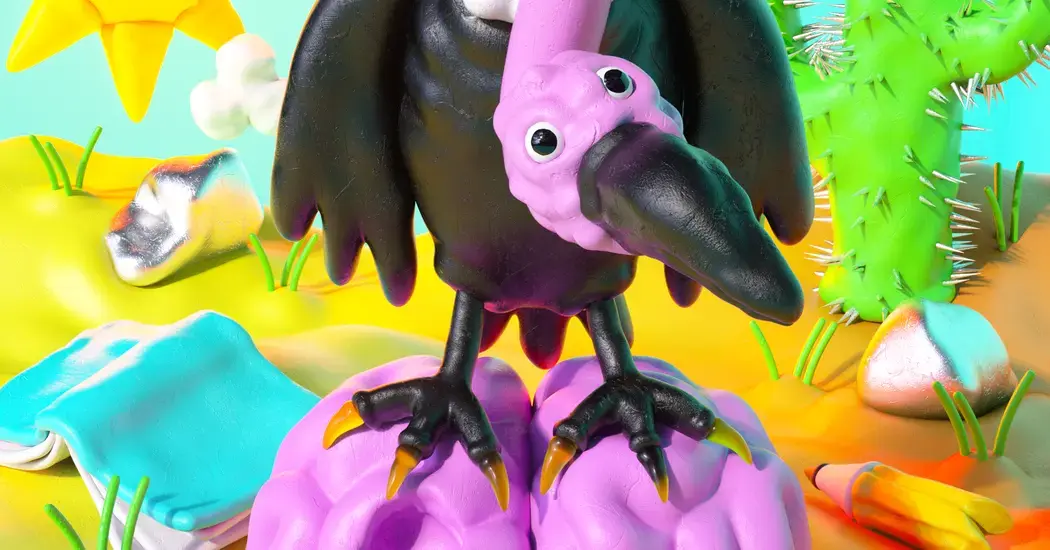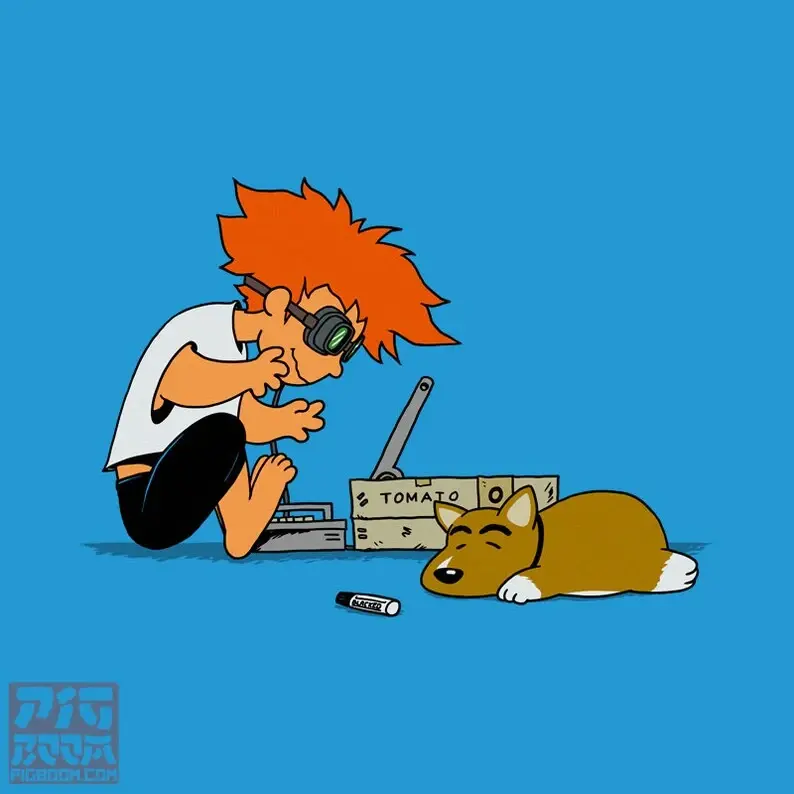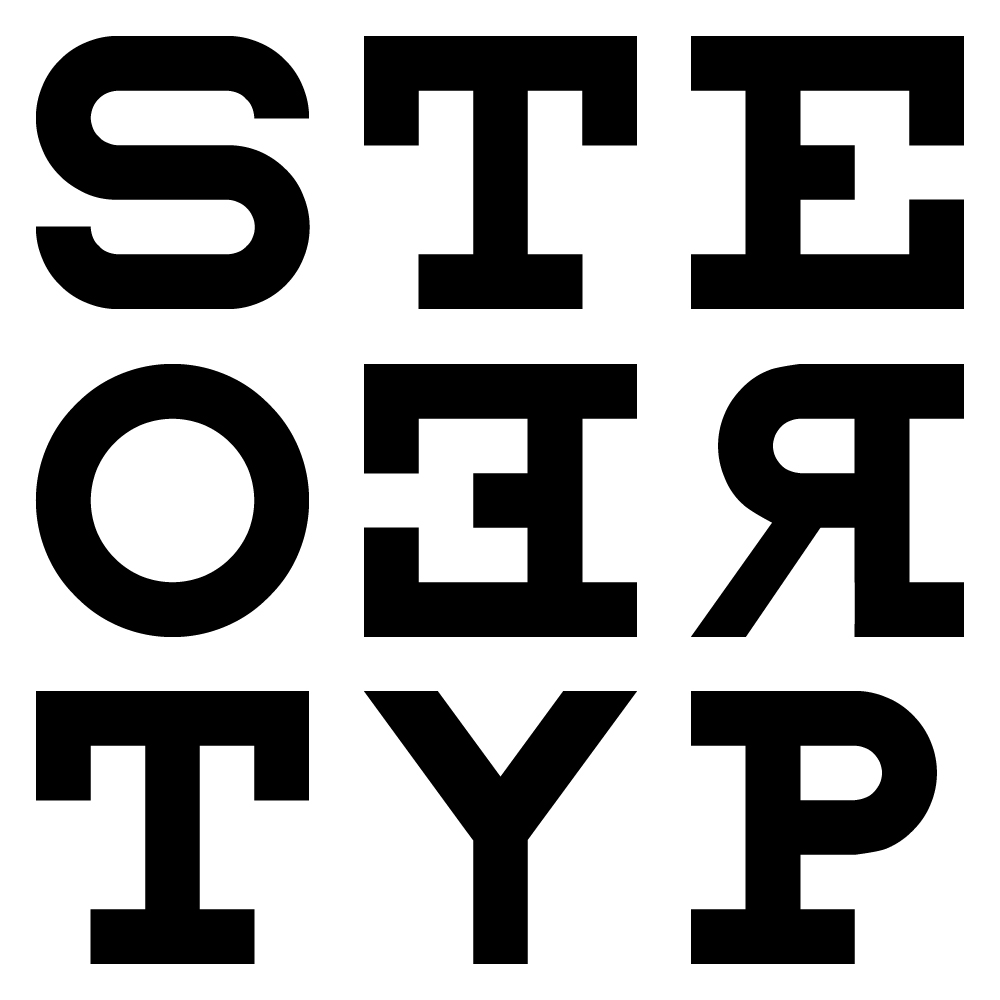- cross-posted to:
- technology@lemmygrad.ml
- technology@lemmy.world
- technology@lemmy.ml
- cross-posted to:
- technology@lemmygrad.ml
- technology@lemmy.world
- technology@lemmy.ml
cross-posted from: https://lemmy.ml/post/5400607
This is a classic case of tragedy of the commons, where a common resource is harmed by the profit interests of individuals. The traditional example of this is a public field that cattle can graze upon. Without any limits, individual cattle owners have an incentive to overgraze the land, destroying its value to everybody.
We have commons on the internet, too. Despite all of its toxic corners, it is still full of vibrant portions that serve the public good — places like Wikipedia and Reddit forums, where volunteers often share knowledge in good faith and work hard to keep bad actors at bay.
But these commons are now being overgrazed by rapacious tech companies that seek to feed all of the human wisdom, expertise, humor, anecdotes and advice they find in these places into their for-profit A.I. systems.
serve the public good — places like Wikipedia and Reddit forums
Sorry, lost me at Reddit.
Reddit is a flaming monetized dumpster now but it used to be what the article is describing. (mostly)
Exactly and the idea they serve the public good? They don’t serve us, we built what’s good there.
Reddit has been welcoming for some years tbh
Now I don’t want to hear about it!
deleted by creator
The problem is neoliberalism that seeks to turn everything into profit and sees money as the only valuable target in the world.
Yes. The “tragedy of the commons” is a myth.
Without any limits, individual cattle owners have an incentive to overgraze the land, destroying its value to everybody.
This is factually false, because the land will be destroyed and individuals don’t benefit, not even in the short term. Commons work great (see open source software), but capitalism and power structures abuse and destroy them for short-term profit.
Enshittification is the middle name of AI
Artificial Enshittification Intelligence
Aeeeiiiii!!
deleted by creator
While I admire your optimism I think that AI will snuff out journalists/writers/artists regardless of the merit of their work. While that is possibly beneficial when looking for some factual data I think we will face a crisis when it comes to creative, investigative and critical content. Like garden hose of original work spraying against a tsunami of undisclosed generative media.
It’s already much worse. But it’s about to get much worser.
I don’t want to sound like a pessimist but the Internet has never been the open grass field that the OP paint. Everytime you connect to the Internet, you’re connecting to a server that some entity is providing, through a connection that another entity has set up. Even this Lemmy instance is paid by somebody’s pocket. Servers and network infrastructure have always represented cost to providers. Maybe in times of olde when AOL and others offered services attached to their core service, we had services that were directly paid by the fee we paid for the connection. The owner of this Lemmy instance don’t see a dime of what you pay you ISP.
I know this is not at the core of this discussion, but if content is something that entities find valuable and somehow, the owner of this instance can directly receive monetary incentive from me to keep posting these inadequate long texts, by all means, I’m happy to be part of training data. I type this while I’m bored as hell and need my upvote-provided dopamine hit. I will be the grass on the field.
I think you make some valid points about server and network ownership but I think the mid to late 2000s had an interesting blend of corporate and personal internet spaces. Yes there were some leviathans MySpace and Facebook, but a lot of the places that had relevancy were forums, portals or imageboards. Hell, YTMND was an early example of a individual hosting and building a massive site out of complete nonsense. That landscape has certainly changed significantly since.
🤖 I’m a bot that provides automatic summaries for articles:
Click here to see the summary
Thanks to artificial intelligence, however, IBM was able to sell Mr. Marston’s decades-old sample to websites that are using it to build a synthetic voice that could say anything.
A.I.-generated books — including a mushroom foraging guide that could lead to mistakes in identifying highly poisonous fungi — are so prevalent on Amazon that the company is asking authors who self-publish on its Kindle platform to also declare if they are using A.I.
But these commons are now being overgrazed by rapacious tech companies that seek to feed all of the human wisdom, expertise, humor, anecdotes and advice they find in these places into their for-profit A.I.
Consider, for instance, that the volunteers who build and maintain Wikipedia trusted that their work would be used according to the terms of their site, which requires attribution.
A Washington Post investigation revealed that OpenAI’s ChatGPT relies on data scraped without consent from hundreds of thousands of websites.
Whether we are professional actors or we just post pictures on social media, everyone should have the right to meaningful consent on whether we want our online lives fed into the giant A.I.
Saved 83% of original text.
For the trust issues: Yeah, but on the other hand.
We’ll just have to go by figuring out who we can trust again. That’s a loss, but not as catastrophic as this article makes it sound.
As for the creativity issues, that’s not a new problem at all. Portrait painter used to be a lucrative profession before cameras, for example. If it’s only a few types of content (namely the kind that doesn’t rely on concept originality in this case) society adjusts with only short term pain. Bug me about when we have GAI in a few years that can do everything or how the shift this will encourage in our society could cause secondary problems instead.
I’m sure glad we’re talking about this stuff, though! If AI happened quietly with no debate I’d be much more afraid.












